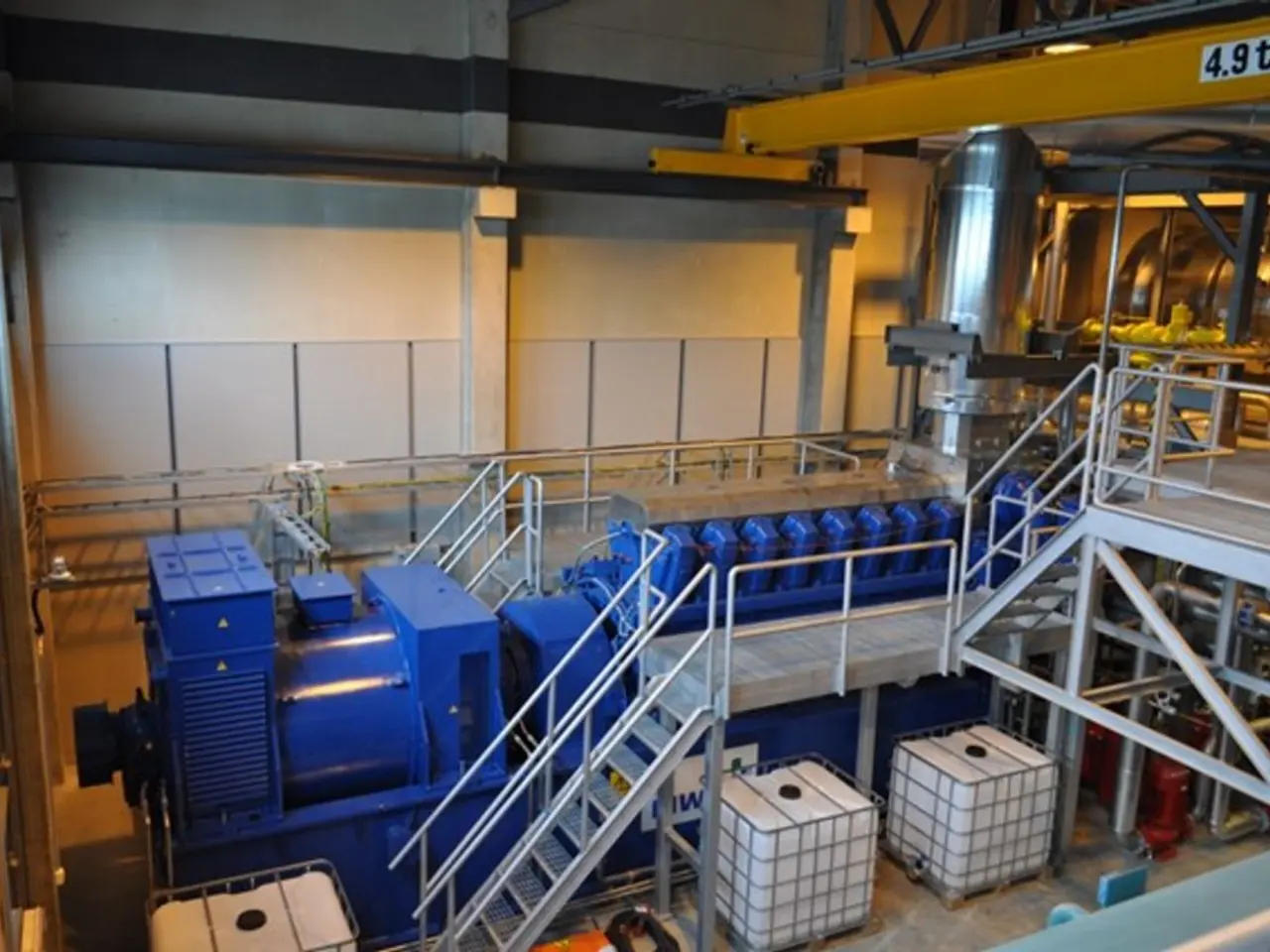KFC Faced a Chicken Shortage: Insights into Supply Chain Management
In early 2018, the UK branch of fast-food giant KFC experienced a significant supply chain disruption, leading to the closure of over half of its 900 stores due to delivery failures[1][2]. The root cause of this crisis was a shift in the distribution contract from its previous specialist, Bidvest, to a new partnership with DHL and Quick Service Logistics (QSL).
The logistical complications that ensued were multifaceted. Firstly, the loss of supply chain expertise from Bidvest, which had a deep understanding of the operational complexities, was not adequately addressed in the new contract with DHL[1]. Secondly, DHL bid against an incomplete tender document, leading to underperformance once awarded the contract[1].
These factors resulted in widespread chicken shortages, impacting thousands of employees and franchisees, causing reduced hours and financial losses[2]. KFC's response was marked by a humorous marketing campaign, with the iconic "KFC" bucket being rearranged to "FCK" and a statement acknowledging the inconvenience: "A chicken restaurant without any chicken. It’s not ideal." This approach helped mitigate some reputational damage[2][4].
Lessons learned from this incident include the importance of understanding and retaining supply chain expertise, careful contract and tender management, and the risk of outsourcing critical logistics without robust contingency plans[1][5]. Transparency and smart crisis communication, as demonstrated by KFC, also played a crucial role in preserving customer goodwill during the crisis[2][4].
The incident serves as a reminder that changing key logistics providers without sufficient preparation and understanding can severely disrupt operations. It underscores the priority of detailed planning, communication, and risk management in supply chain transitions[1][2][5]. Some analysts predict a potential 20% hit to the company's share prices once the disruption finishes, while others have met the delivery failures with derision across the internet[3].
DHL's Managing Director for retail in the UK and Ireland, John Boulter, issued a statement about the delivery problems, assuring that they are being addressed to return to normal service levels[6]. As the supply chain community watches this situation with bemused shock and sympathy, it serves as a stark reminder of the interconnectedness of businesses and the importance of logistical efficiency in the modern world.
References: [1] BBC News (2018) KFC's chicken crisis: What went wrong? [online] Available at: https://www.bbc.co.uk/news/business-43071812 [2] The Guardian (2018) KFC crisis: how a chicken supplier change caused chaos [online] Available at: https://www.theguardian.com/business/2018/feb/23/kfc-crisis-how-a-chicken-supplier-change-caused-chaos [3] The Telegraph (2018) KFC crisis: how the chicken chain's delivery chaos unfolded [online] Available at: https://www.telegraph.co.uk/business/2018/02/23/kfc-crisis-how-chicken-chains-delivery-chaos-unfolded/ [4] Marketing Week (2018) KFC's FCK ad: a masterclass in crisis marketing [online] Available at: https://www.marketingweek.com/2018/02/23/kfc-fck-ad-crisis-marketing/ [5] Forbes (2018) KFC's Supply Chain Failure: Lessons For Brands [online] Available at: https://www.forbes.com/sites/forbesagencycouncil/2018/02/27/kfcs-supply-chain-failure-lessons-for-brands/?sh=395e35f93d3a [6] DHL (2018) Statement from DHL on KFC's supply chain issues [online] Available at: https://www.dhl.com/en/uk/home/about_us/news_and_events/press_releases/statement_from_dhl_on_kfc_s_supply_chain_issues.html
- The crisis at KFC in early 2018, which led to the closure of numerous stores, was a result of complexities in supply chain management, particularly the shift in distribution from Bidvest to a new partnership with DHL and Quick Service Logistics (QSL).
- The transition to the new partnership highlighted the importance of supply chain visibility and the retention of supply chain expertise, as the loss of Bidvest's operational knowledge was not adequately addressed in the new contract.
- The incident also revealed the importance of careful contract and tender management, as DHL bid on an incomplete tender document, leading to underperformance in the subsequent contract award.
- In the fast-food industry, effective inventory management and logistics are crucial to avoid disruptions, and the KFC case underscores the risk of outsourcing critical logistics without robust contingency plans.






